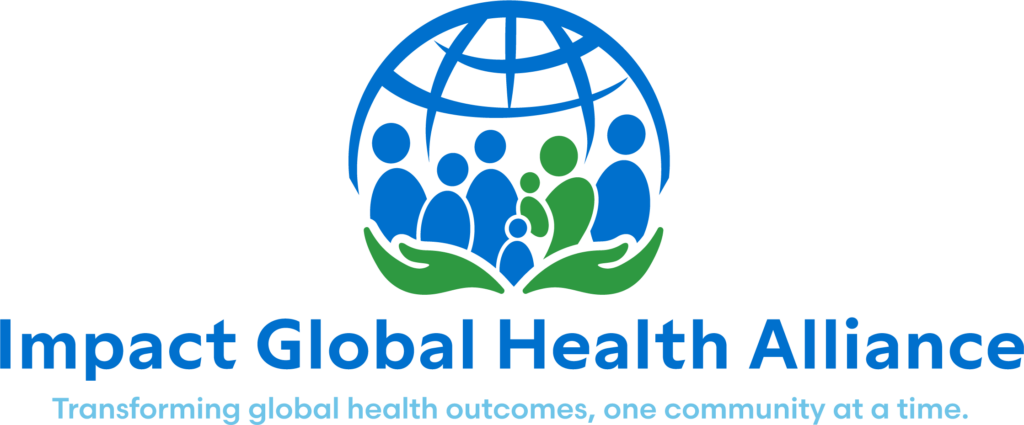The Fulcrum of Health Systems

Earlier this month I attended the CORE Group Fall Conference in Washington DC. After the conference, I left feeling encouraged by the commitment and compassion of the organizations there. The people who fuel these organizations are determined to end unnecessary suffering from preventable illnesses that continue to unequally scourge communities around the world. Presentations on success stories of community-based health interventions implemented in many different settings around the world renewed my belief that the power lies within the people!
Community resilience in the Face of adversity.
With the Ebola outbreak currently devastating West Africa and surpassing – by far – the outbreaks in the past, I could not help but reflect on the threats that face the lives of not just those infected with the virus, but all who require healthcare in the area, whether it be treatment for malaria, prenatal care for a healthy pregnancy, or HIV/AIDS counseling. Health systems struggling to recover from the devastation of civil war are overwhelmed beyond limit and the health workforce overstretched. Thus, communities are frustrated, confused, fearful, and weary – understandably so.
Filling the Gap ! Impact Global Health Alliance’ Global Nehnwaa Project
 Over the past six years, Impact Global Health Alliance Global’s Nehnwaa project has worked with community partners in Nimba County, Liberia to bring healthcare to the household level. Through this project, child mortality reduced by over 60%. As we continue to collaborate with our partners in Liberia to fight Ebola, I hear in their voices. The sounding resonance of hope, resilience, and courage – not despair. According to Nehnwaa’s Project Manager Allen Zomonway, the Ebola situation is getting a little better. Nonetheless, she adds: but the need for help is great! The effects of the Ebola epidemic went beyond the healthcare system. Schools and markets are closed, children orphaned, families unable to turn to their farms and businesses for subsistence. The economy and food security are in jeopardy!
Over the past six years, Impact Global Health Alliance Global’s Nehnwaa project has worked with community partners in Nimba County, Liberia to bring healthcare to the household level. Through this project, child mortality reduced by over 60%. As we continue to collaborate with our partners in Liberia to fight Ebola, I hear in their voices. The sounding resonance of hope, resilience, and courage – not despair. According to Nehnwaa’s Project Manager Allen Zomonway, the Ebola situation is getting a little better. Nonetheless, she adds: but the need for help is great! The effects of the Ebola epidemic went beyond the healthcare system. Schools and markets are closed, children orphaned, families unable to turn to their farms and businesses for subsistence. The economy and food security are in jeopardy!
Why the Ebola Virus spread? Can this be contained in one district or even the very first household where it began.

I reflect further and wonder why this Ebola outbreak has been so hard to contain. What and where was the missing link? Could this outbreak have been stopped right at the gates of the rain forest where it started? Perhaps it could have been limited to one household, one village, one district, or one country. So why did it spread so rapidly, and so widely? Some might say it was due to the governments being ill-prepare. Others might say the aid workers brought it, still for some – it’s a curse. Some others will blame a lack of well-equipped health facilities, poor communication, and so forth.
The way forward ! Empowering household and communities.
Whatever it might be, many incidents suggest that, at the most basic level communities lacked the empowerment needed to be partners and participants in the fight against the disease. Hence, a strong health system that works from the bottom up could, perhaps, ease the suffering caused by Ebola.The fulcrum for strong health systems rests on empowering households and communities to take charge of preventing diseases and improving their health. As a result, at least in my opinion, this approach should be a priority for governments , Ministries of health and their partners.
Are you looking for a way to help? Check us out!
Stay connected with Impact Global Health Alliance by visiting our website, Facebook page, YouTube, and join us in our effort to save lives of women and children in forgotten communities by fostering personable and sustainable health services. Take action Now




